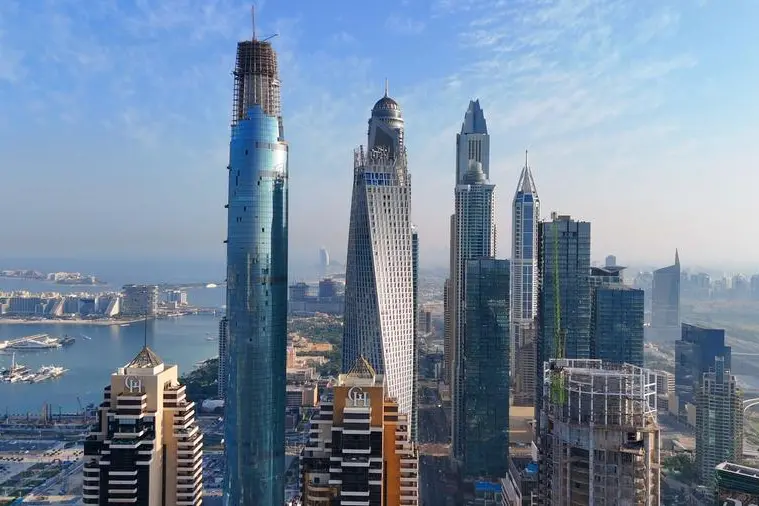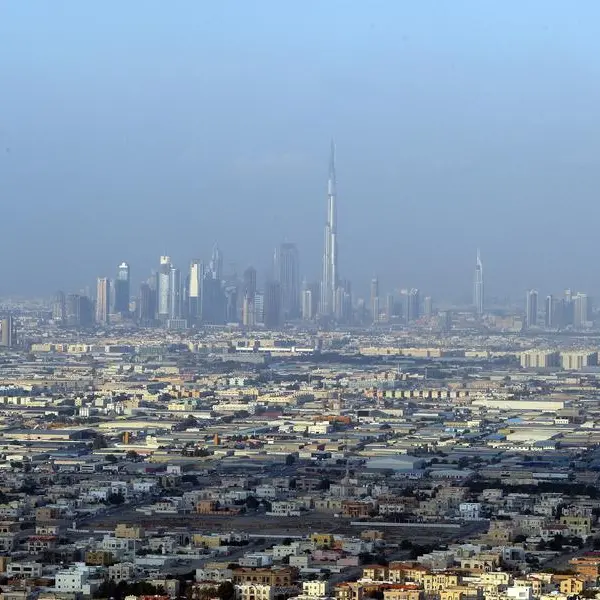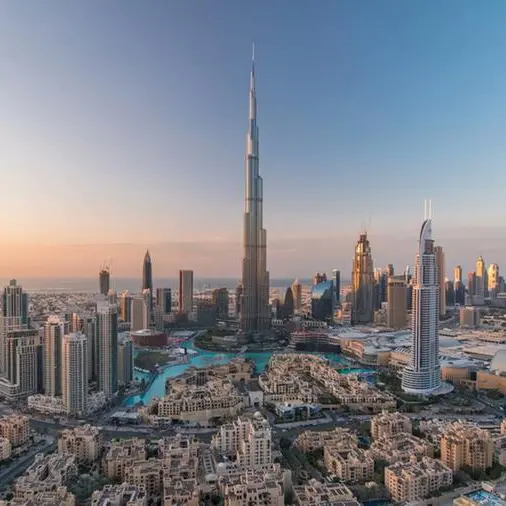PHOTO
Dubai’s real estate sector sees a positive outlook in the 2024/2025 business season, with strong sales figures, increasing property values, and the rapid absorption of new inventory expected to drive continued expansion.
Analysts at Elite Merit Real Estate also project sustained growth in the overall UAE real estate market, underpinned by robust demand across multiple sectors, a significant influx of new property developments, and the integration of advanced technologies.
This growth is expected to be supported by both domestic and international investors, reflecting the market's resilience and strategic importance in the region.
Market performance and trends
Dubai's real estate market is on track for another strong year in 2024, with record sales volumes and values. In July 2024, property sales reached an impressive AED49.6 billion ($13.5 billion), reflecting a 31.63% increase compared to the same period in 2023.
This surge is largely attributed to the high demand for luxury properties, particularly in sought-after locations like Palm Jumeirah. The first half of 2024 alone saw over 43,000 property transactions valued at approximately AED122.9 billion, marking a 30% increase from the previous year. This growth is partly due to the rapid absorption of new inventory, with 80% of units launched since 2022 already sold.
Supply surge and its implications
The upcoming seasons will witness a substantial increase in property supply, with approximately 41,000 units expected in 2025 and 42,000 in 2026—an 80% rise compared to 2024's projected supply of 27,000 units.
While this influx presents numerous opportunities for buyers and investors, it also carries the risk of oversupply, potentially leading to price stabilisation or slight declines in certain segments. However, the market's resilience, bolstered by strong investor confidence and strategic urban planning, is expected to absorb much of this new supply.
Investment opportunities and strategic timing
For investors, the 2024/2025 season is crucial for timing investments to optimise returns. The luxury segment remains robust, with prime areas such as Palm Jumeirah and Downtown Dubai continuing to attract high-net-worth individuals.
Additionally, there is increasing interest in mid-tier and affordable segments, particularly in areas like Dubai Silicon Oasis and Jumeirah Village Circle, where rental yields are promising.
Technology integration and proptech growth
The real estate market in Dubai is also seeing a significant transformation driven by technological advancements. The integration of artificial intelligence (AI) and digital platforms is revolutionising how properties are marketed and sold. Tools such as virtual tours, 3D floor plans, and AI-driven market analyses are becoming standard, enhancing transparency and making the property purchasing process more accessible and efficient.
Moreover, the rise of proptech solutions is expected to continue into 2024 and beyond, with these technologies playing a crucial role in how developers and investors engage with the market. This trend is not only local but is part of a broader global shift towards tech-enhanced real estate practices.
Challenges and market dynamics
Despite the positive outlook, the market faces challenges, including potential oversupply and associated downward pressure on rental prices. The decreasing availability of prime development land is leading to a shift toward more sustainable growth strategies beyond 2026. This shift is expected to stabilise the market in the long term, ensuring Dubai remains an attractive destination for real estate investment.
Copyright 2024 Al Hilal Publishing and Marketing Group Provided by SyndiGate Media Inc. (Syndigate.info).





















